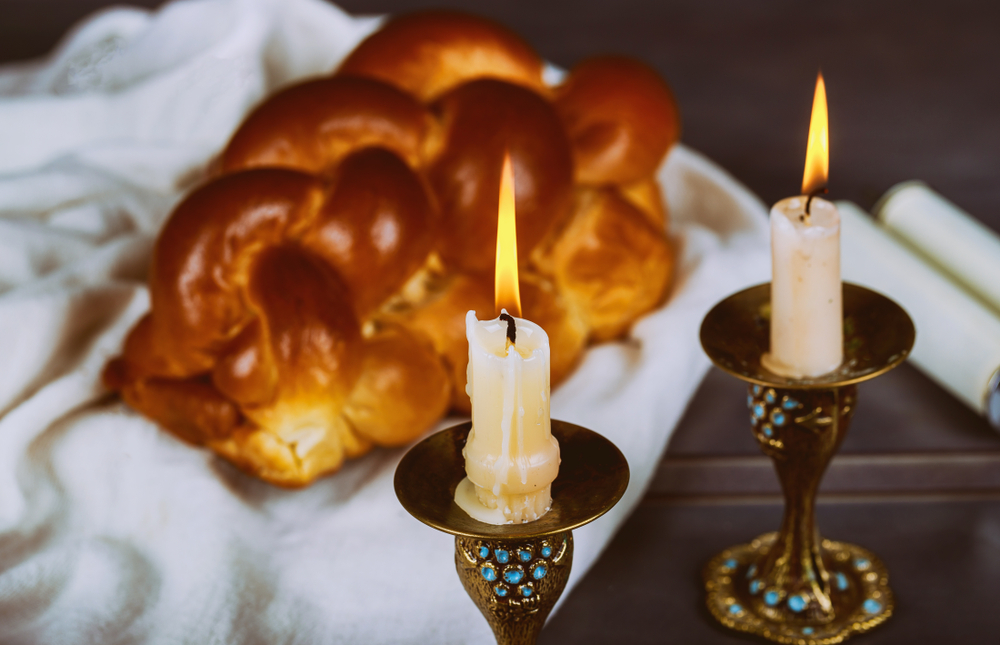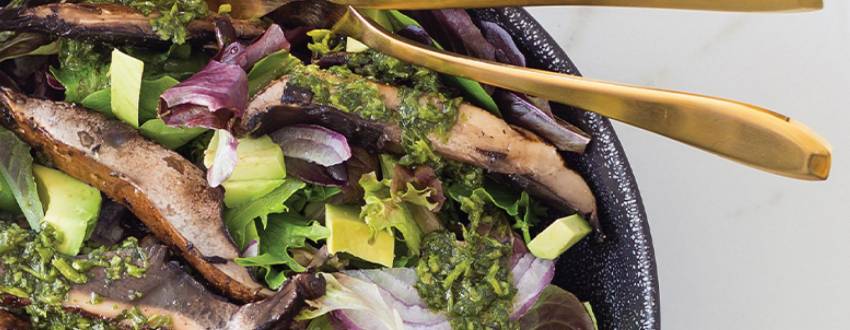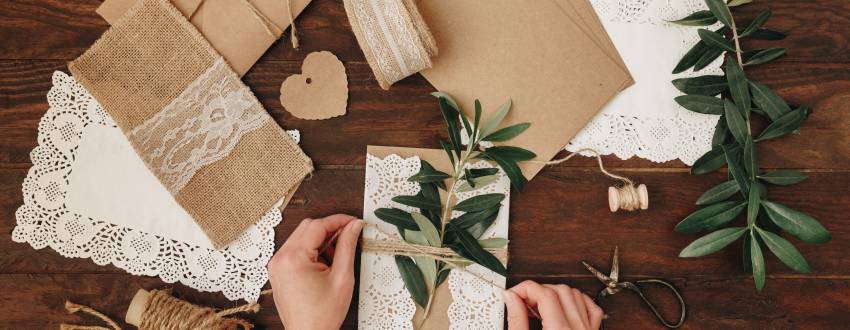The Chasam Sofer, in one of his published derashos (109), comments that Shabbos is the mekor haberachah, the source of all blessing, but in order to receive the blessings made available by Shabbos, one must maintain an aura of peace and serenity in the home. The Mishnah (Uktzin 3:12) comments, “The Almighty did not find any utensil capable of retaining blessing other than peace.” Peace is the receptacle we need in order to receive and retain blessing.
Rabbi Wolbe drew a comparison to a person trying to fill a pitcher that has a hole on the bottom. No matter how much water he pours into the pitcher, it will never become full, because the water is not being contained. Similarly, if one becomes angry on Shabbos, then beyond the general destructive effects of anger, one also forfeits the blessings of Shabbos, as he does not have the receptacle he needs to contain them.
We find in Tanach (Shmuel I 25:6) that David HaMelech once extended the berachah, “May you have peace, may your household have peace, and may there be peace upon all that is yours.” All blessing depends on shalom; without peace, we cannot enjoy blessing in any area of life.
For this reason, we greet people on Shabbos with the wish of “Shabbos shalom,” blessing them to have a peaceful Shabbos, as this is the prerequisite for receiving all the blessings of Shabbos.

The words איש , “man,” and אשה , “woman,” share the letters alef and shin — which spells אש , “fire” — but the word ish also has the letter yud, whereas isha has the letter heh. Our Sages teach that if there is peace between husband and wife, then י־ה — yud and hei symbolizing Hashem — resides with them; but if not, then Hashem’s presence departs, leaving only אש — the destructive “fire” of discord. In light of this, the Ben Ish Chai (Parashas Nasso) comments that domestic harmony is associated with the number 15 — the numerical value of the Divine Name yud and hei. Accordingly, the Bircas Kohanim (priestly blessing) contains 15 words, the 15th of which is shalom. Moreover, the Ben Ish Chai adds, on each human finger, except the thumb, there are three sections (separated by two knuckles), and the thumb has two sections. Each hand thus has 14 sections, and when we hold a kos shel berachah (the cup of wine over which a berachah was recited) we arrive at 15. Indeed, one of the segulos for achieving peace in the home is giving one’s wife to drink from the Kiddush cup. The Sages teach that when the three angels visited Avraham Avinu and he served them a meal, they gave Sarah the cup of wine after Bircas HaMazon, and, as Rashi comments, they asked Avraham where Sarah was, in order to endear her to him and thereby enhance Avraham and Sarah’s shalom bayis (marital harmony). Likewise, in ancient times people customarily ate two meals each day, for a total of 14 over the course of the week. On Shabbos we add a third meal — seudah shelishis — to reach 15, so we can attain the blessing of peace. Shabbos signifies the pinnacle of peace, and seudah shelishis is the most important meal, as it marks the 15th meal of the week and thus grants us the blessing of peace. The Gemara teaches (Berachos 64a), “Torah scholars increase peace in the world,” because the Sages instituted the practice of kos shel berachah and the requirement of seudah shelishis, which have the effect of bringing peace to the home.
Rabbi Wolbe once approached Rabbi Yechezkel Levenstein to ask for advice, as he felt he did not have as deep a connection as he desired with the bachurim in his yeshivah. Rabbi Levenstein advised that when the boys lined up on Friday night to extend a “Shabbos Shalom” greeting, he should think when greeting each boy that he truly wants the boy to have a good Shabbos. This would help build the emotional bond he sought. Shabbos is a special time for building feelings of brotherhood and camaraderie, and these feelings are then able to extend throughout the week.

The Ben Ish Chai tells of a man who returned home from the synagogue on the first night of Rosh Hashanah and noticed that his wife had forgotten to buy a pomegranate before the holiday. The pomegranate is one of the foods customarily eaten on Rosh Hashanah as a “siman” — as a good omen for the coming year. The pomegranate is laden with seeds, and thus expresses our wish that we should be “filled” with mitzvos. The man was very angry that his wife forgot such an important part of the Rosh Hashanah observance. When the Ben Ish Chai heard about the man’s reaction, he said, “What worse siman can there be on Rosh Hashanah than being angry? This is a bad omen for the entire year!”
This is true of Shabbos, as well. Shabbos observance can bring us many wonderful blessings, and it is in fact the source of all blessings, but unless there is peace and serenity in the home, these blessings cannot be retained. For this reason, several halachos reflect the importance of peace in the home on Shabbos. One of the reasons given for the institution of the Shabbos candlelighting is shalom bayis, as people are generally in better spirits when the home is well lit. Likewise, the Gemara establishes — and this law is codified in the Shulchan Aruch (Orach Chaim 250) — that one should ensure to sharpen his knife on Erev Shabbos, because if it cannot cut properly on Shabbos, this would cause frustration and tension in the home. These halachos express how we must take proactive measures to avoid tension and arguments, and do everything we can to maintain a positive, upbeat atmosphere in the home during Shabbos.
Let us work toward ensuring an aura of peace and harmony in the home especially on Shabbos, thereby creating the receptacle we need to receive the special blessings Shabbos offers us.
————
Reproduced from Living Shabbos by Rabbi David Sutton
ArtScroll / Mesorah Publications Ltd. Reprinted with permission.
http://www.artscroll.com/Books/9781422615997.html





